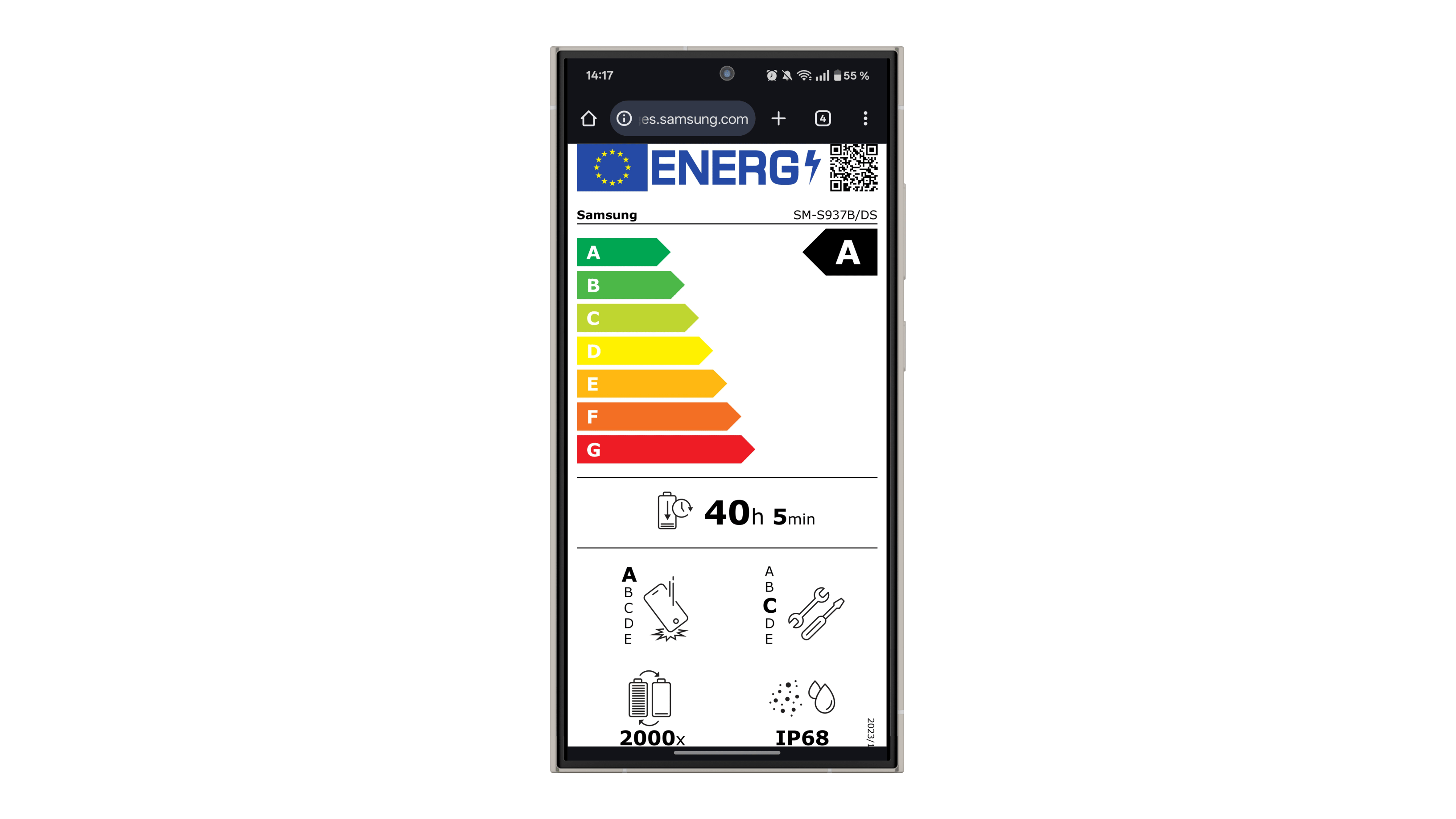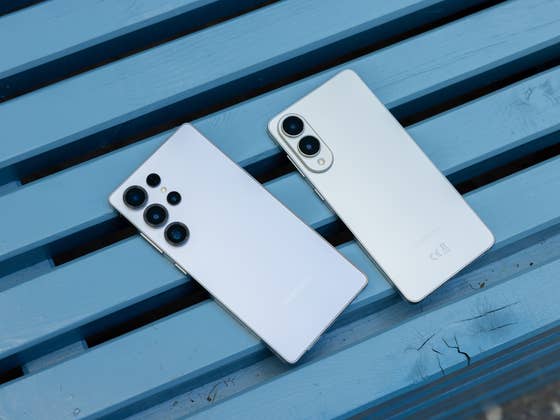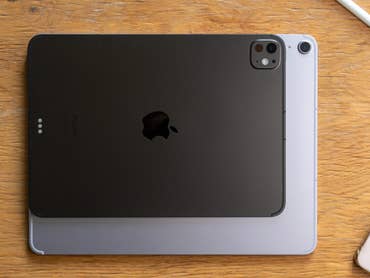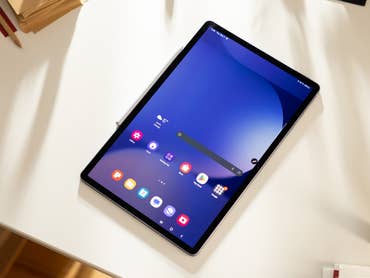The European bloc, through the European Commission, began enforcing the new EPREL energy labeling system on June 20, 2025. This requires smartphone manufacturers to include the energy label on each product sold in the market. The label includes different specifications, including battery longevity.
Battery longevity is defined by the number of charge cycles, ranging from hundreds to over a thousand. The testing determines how many charge cycles a smartphone or tablet can complete until its battery health reaches 80%. This number is then rounded to the nearest hundred (e.g., 800, 900, 1,200, 1,400). Hence, the higher the charge cycle rating, the better the battery endurance of a device.
Samsung Galaxy Phones’ Charge Cycles Compared to Other Brands
Now, with many smartphones sold in the EU, we’re getting an overview of how the charge cycles compare for most major brands, including Samsung, Google, Apple, Xiaomi, and OnePlus. According to this, it appears that Galaxy smartphones from Samsung have been listed as having the highest charge cycles.
Notably, this includes current models like the new Galaxy S25 series and S25 Edge (review), the Galaxy S24 series, and the Galaxy Tab S10 series, as well as the mid-range Galaxy A56 and Galaxy A36, among others, as seen in the compiled list shared by Reddit user (via Android Authority).

In contrast, Google’s Pixel 9 (Pro) and Pixel 8a only clocked in 1,000 cycles. This matches the likes of the OnePlus 13 (review) and Motorola’s 2025 Razr foldable smartphones, which is clearly half of what Galaxy devices can achieve. This is also true for the latest iPhone 16 Pro (review), which is certified with 1,000 cycles.
Although the difference will not directly translate to Galaxy smartphones’ battery lives lasting twice as long, it does represent that these cells will retain much of their efficiency in the longer term. This is also a useful feature, considering that most users tend to hold their devices longer before upgrading.
Doubts About the New Standard
However, it is noted that some question the testing parameters used to determine the ratings. For instance, Apple has questioned the energy efficiency given to iPhones, which mostly got B instead of A. It also highlighted that the EU, through SmartViser, the French firm that created the measurement standard, used smaller sample sizes compared to its own testing.
Regardless, the EU has high regard for the parameters designed to standardize the battery and other aspects of smartphones.
What do you think of this energy label? Do you think this is advantageous for consumers? Share your answers in the comments.
We mark partner links with this symbol. If you click on one of these links or buttons–or make a purchase through them–we may receive a small commission from the retailer. This doesn’t affect the price you pay, but it helps us keep nextpit free for everyone. Thanks for your support! Prices are based on the date of publication of this article and may be subject to change.




